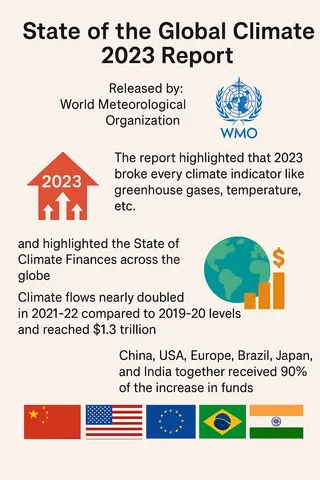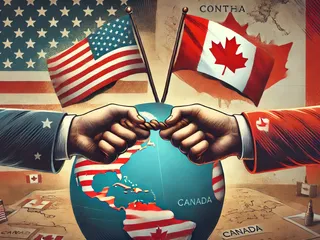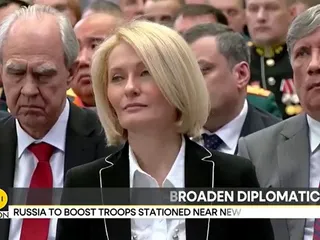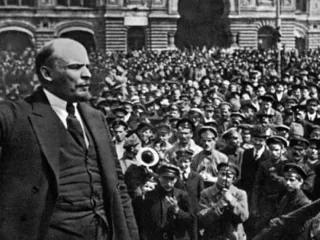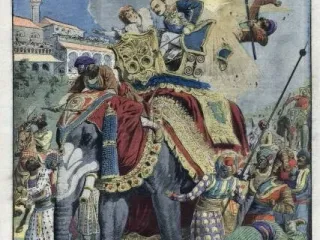World War II, spanning from 1939 to 1945, remains the deadliest conflict in human history. It involved the vast majority of the world's countries, eventually forming two opposing military alliances: the Allies and the Axis powers. The war was characterized by unprecedented levels of military mobilization, total war, widespread death, and destruction, resulting in 50 to 85 million fatalities.
The roots of the war can be traced to the unresolved issues of World War I, the global economic depression of the 1930s, and the rise of aggressive totalitarian regimes in Germany, Italy, and Japan. Germany, under Adolf Hitler's Nazi regime, pursued a policy of expansionism, annexing Austria and Czechoslovakia before invading Poland on September 1, 1939, triggering the war in Europe.
The Axis powers, comprised primarily of Germany, Italy, and Japan, aimed to establish global dominance through military conquest and the subjugation of other nations. The Allied powers, initially consisting of Great Britain, France, and later the United States, Soviet Union, and China, formed a coalition to resist Axis aggression. The war involved a complex series of battles fought across multiple continents and oceans, including the Battle of Britain, the Eastern Front, the Pacific Theater, and the North African Campaign. These battles showcased innovative military technology and tactics, leading to immense casualties on both sides.
A defining feature of World War II was the systematic extermination of approximately six million Jews and millions of others deemed undesirable by the Nazi regime – the Holocaust. This genocide involved the establishment of concentration and extermination camps, where mass murder through gassing and other brutal methods took place. The Holocaust stands as a chilling testament to the horrors of unchecked hatred and prejudice.
The war ended with the Allied victory. The surrender of Germany in May 1945 and Japan in September 1945 followed the atomic bombings of Hiroshima and Nagasaki by the United States. These bombings remain highly controversial and continue to be debated for their ethical implications.
The aftermath of World War II reshaped the global political landscape. The emergence of the United States and the Soviet Union as superpowers ushered in the Cold War, a period of geopolitical tension that lasted for decades. The formation of the United Nations aimed to prevent future conflicts through international cooperation, but the world remained deeply divided along ideological lines. The war's consequences extended to decolonization movements, the creation of new nations, and the establishment of international organizations dedicated to peace and human rights. The lessons of World War II remain critical for understanding the complexities of international relations and the importance of preventing future conflicts through diplomacy and international cooperation.





